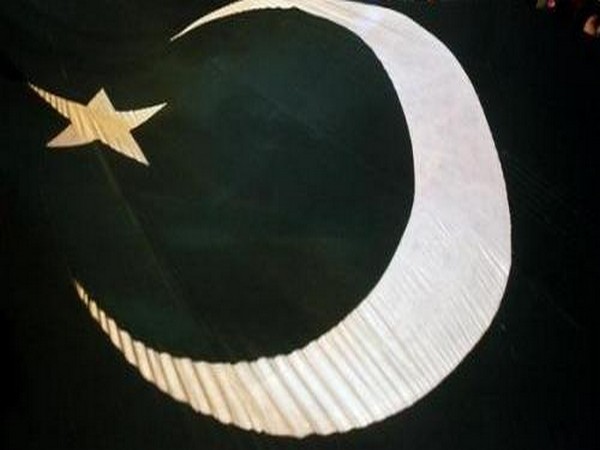The ongoing constitutional crisis in Pakistan amid the dissolution of the National Assembly by Imran Khan can adversely affect the fragile economy of the country.
As per experts, the dissolution will further worsen already critical political turmoil in Pakistan, reported Geo News.
The current situation in the country creates a legal crisis that will impact stocks, bonds, and commodities, said the analysts. They said that the quick resolution and early election will allow the new govt to take much needed economic decisions.
“We believe the early resolution of the crisis and Supreme Court ruling on the matter will be critical for the outlook on markets and economy,” said analysts at Topline Securities in a research note.“Pakistan’s economy is already facing multiple challenges in the form of falling foreign exchange reserves, rising current account deficit and increasing commodity prices. A quick resolution and early election will allow the new democratically elected government to take the much needed tough economic decisions,” the analysts added.
Tahir Abbas, the research head at Arif Habib Limited, believes the market is going to continue to look for clarity on the political front as it will set the tone for the future strategy to handle the economy. “This clarity will only emerge once the Supreme Court decision comes through,” he added.The economy has become subject to political upheaval, which raised concerns about the future of the International Monetary Fund (IMF) loan programme. This could have an effect on investor confidence in the country’s economic outlook, reported Geo News.
IMF looks forward to continuing its support to Pakistan and once a new government is formed, we will engage in policies to promote macroeconomic stability and enquire about intentions vis-a-vis program engagement, it said in a recent note IMF. “There is no concept of suspension within IMF programmes,” added further.
Foreign investors pulled out money from the stock market and bonds at the fastest pace in two years in March. They withdrew investments worth USD 393 million in the same month.
The rupee has fallen by 16.57 per cent so far this fiscal year. The foreign exchange reserves held by the State Bank of Pakistan (SBP) declined 19.5 per cent to USD 12 billion in the week ending March 25 due to repayment of external debt, including repayment of a major syndicated loan facility from China, reported Geo News.
Rating agency Moody’s, in its latest report said, the political unrest could slow down the stalling reform drive in the country and was ‘credit negative’. This raises significant uncertainty over policy continuity, as well as the government’s ability to continue to implement reforms to increase productivity growth and secure external financing, including from the IMF, Moody’s said.
Fahad Rauf, head of research at Ismail Iqbal Securities, said that since the start of the no-confidence motion, the political scenario had taken priority over the economy.
The PM’s relief package was the start, where the IMF conditions were disregarded, which delayed the seventh review of the IMF’s Extended Fund Facility worth USD 6 billion.
“Now, there will be a new setup that will negotiate with the IMF and that can take some time. Even if the programme is revived, the IMF is likely to ask for some tough measures like a substantial increase in petroleum and electricity prices, which will hurt in the short-term but help stabilise the economy in the long-term.”
“In the interim (until the IMF programme is revived), there can be difficulties on the external front, which will put pressure on the currency. The role of China will also be critical,” he added.
Rauf said there were only three months left in this fiscal year. “While growth is also likely to be based on 9 months’ figures, a growth of 4-4.5 per cent is achievable,” the Ismail Iqbal Securities analyst added.Political uncertainties if prolonged would have implications but as of now growth was targeted between 4-5 per cent, he noted.

